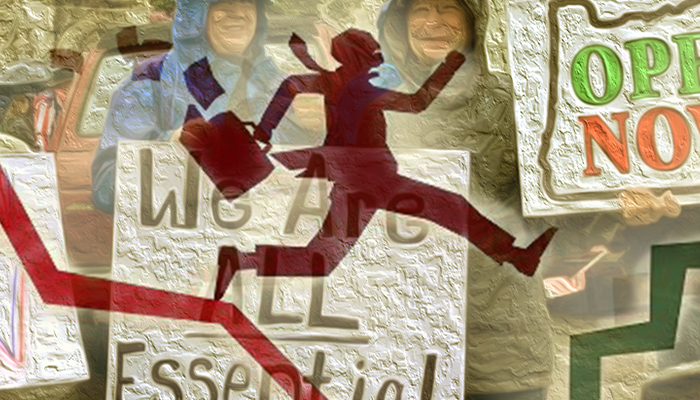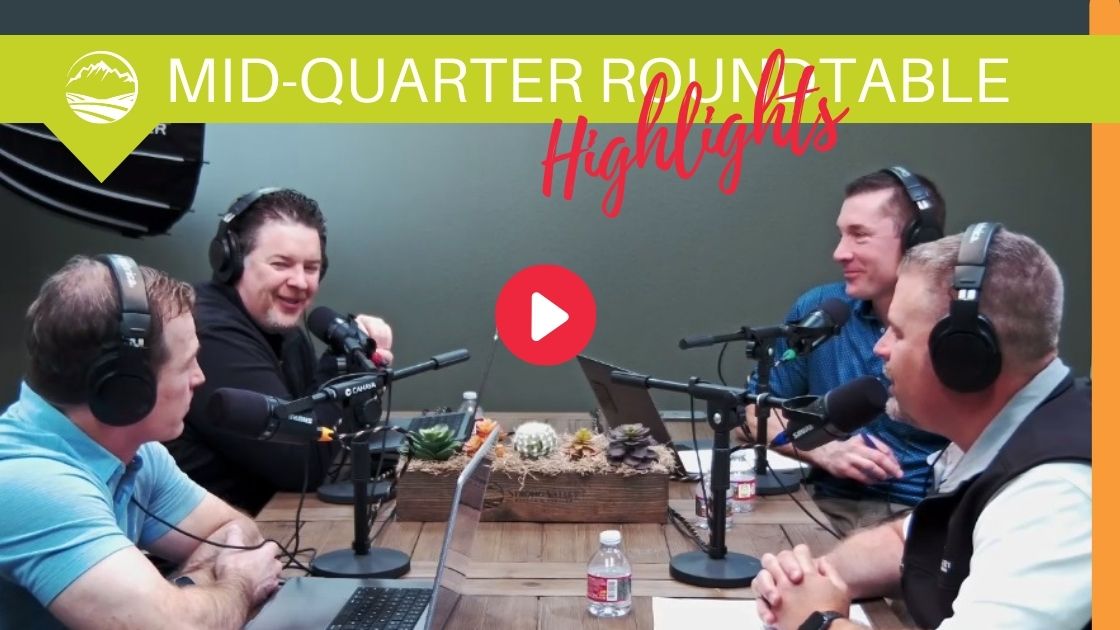You are now leaving the Strong Valley Wealth & Pension, LLC ("Strong Valley") website. By clicking on the "Schwab Alliance Access" link below you will be entering the Charles Schwab & Co., Inc. (“Schwab”) Website. Schwab is a registered broker-dealer, and is not affiliated with Strong Valley or any advisor(s) whose name(s) appears on this Website. Strong Valley is/are independently owned and operated. Schwab neither endorses nor recommends Strong Valley. Regardless of any referral or recommendation, Schwab does not endorse or recommend the investment strategy of any advisor. Schwab has agreements with Strong Valley under which Schwab provides Strong Valley with services related to your account. Schwab does not review the Strong Valley website(s), and makes no representation regarding the content of the Website(s). The information contained in the Strong Valley website should not be considered to be either a recommendation by Schwab or a solicitation of any offer to purchase or sell any securities.

Giving away some of your money is a great way to support the people and organizations you love. But there are smart ways to do it, minimizing your taxes and avoiding pitfalls along the way. This article is full of useful information. Learn from the great givers and let your advisor be your sounding board.

Giving away some of your money is a great way to support the people and organizations you love. But there are smart ways to do it, minimizing your taxes and avoiding pitfalls along the way.
Once you have provided for your own retirement and met your personal expenses, think about benefiting others – whether it's your parents, children, grandchildren, friends, neighbors, church, synagogue, mosque, school or service organization. Your money is usually happily received, and you get a warm feeling from being a benefactor.
Consider some of the great givers.
You may not have the resources of a Rockefeller, Carnegie or Gates. But here are some prudent ideas for what to do with your money:
1. Give $15,000 per year to family, friends and other people you love. You may make an unlimited number of gifts, up to $15,000 each, of cash or other property each year, completely tax-free. If you left the same gifts at your death and your assets were subject to the estate tax, the recipients would see their gifts shrink by around 50%.
2. Open a joint account with those to whom you wish to give your money. Retain the checkbook, debit cards and other access points to retain as much control as possible. The account can avoid probate when you die. You can also list the beneficiary’s name first on the account, and this person will pay the taxes on any earnings from it.
There are disadvantages however, and these include:
3. Utilize charitable giving. This type of giving may provide current tax savings and minimize or avoid estate taxes. The money you donate is an investment in your community, the nation and the world.
Of course, it's wise to be cautious when donating. Research the organizations to which you wish to donate, and be sure that your money will be used in the way that you desire.
These steps will increase the probability that your donation dollars will benefit the people and organizations you want to help.
Trust, but verify. Be cautious of charities that spring up overnight in connection with current events or natural disasters. They may make a compelling case for your money, but they most likely don't have the infrastructure to get your donations to the affected areas or people.
Call the charity. Ask if the organization is aware of a solicitation you received and has approved it. If not, the solicitation may be a scam, mounted in the charity’s name.
Check with local recipients. If giving to local organizations is important to you, call the organization to verify they will benefit from your generosity.
Verify the contribution is tax deductible. Your contribution may not be deductible. If a tax deduction is important to you, ask for a receipt showing the amount of your contribution and stating that it is tax deductible.
Trust your instincts. And check their records if you have any concern about contributing. Callers may try to trick you by thanking you for a pledge you didn't make. If you don't remember making the donation or don't have a record of your pledge, resist the pressure to give.
Ignore high-pressure sales. Legitimate fundraisers generally don't push you to give on the spot.
Be wary of charities offering to send a courier or overnight delivery service to collect your donation immediately.
Consider the costs. When buying merchandise or tickets for special events, or when receiving free goods in exchange for giving, remember that these items cost money and generally are paid for out of your contribution. Although this can be an effective fundraising tool, less money may be available for the charity.
Be wary of promises of sweepstakes winnings in exchange for a contribution. Under U.S. law, you don't have to donate to be eligible to win a sweepstakes.
Do not send or give cash. Cash can be lost or stolen. For security and tax record purposes, it's best to pay by credit card or check -- made payable to the charity, not the solicitor.
Talk to your financial advisor. Your advisor is one of your best sounding boards and safeguards as you consider your charitable contributions.
Read that last one again.



